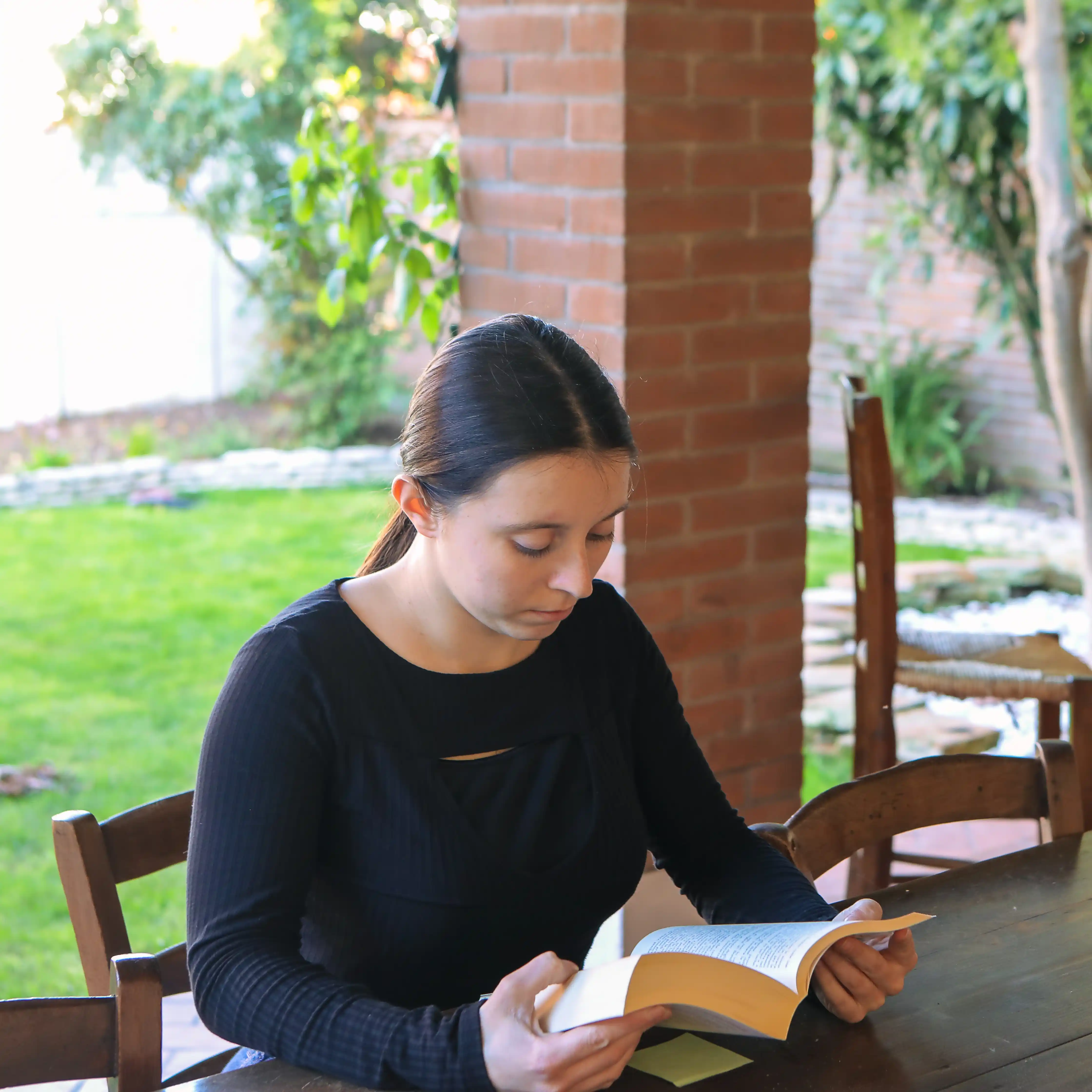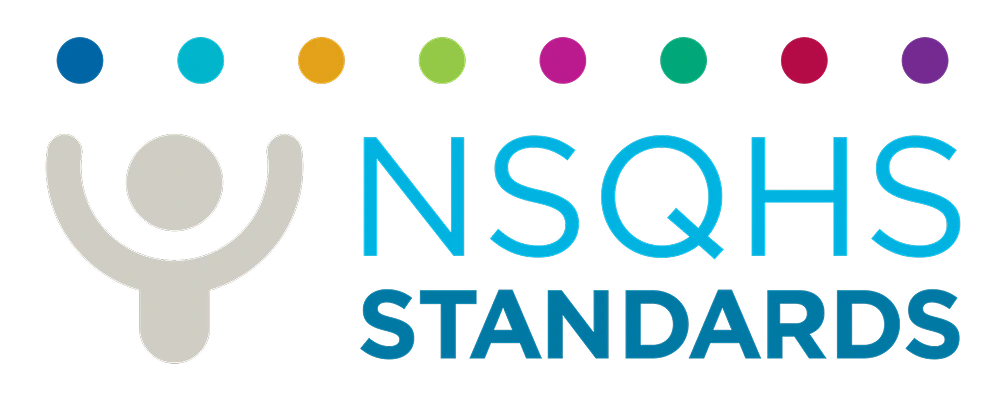Where treatment happens matters
We offer purpose-built facilities in peaceful settings, designed to support emotional safety, physical wellbeing, and strong therapeutic outcomes across every stage of recovery.
The experience can feel intense, but when it starts affecting your health, your relationships or your peace of mind, it's time to check into a specialised MDMA rehab centre.
Take a self-assessment or speak to someone now, with no pressure to commit.


MDMA can seem like a harmless party drug, but regular use can lead to serious mental, emotional, and physical effects. Many people come to rehab not because they’ve hit rock bottom, but because they’ve started to notice changes in how they think, feel, and relate to the world.
At The Hader Clinic, we understand that seeking treatment for MDMA use can feel confronting. Our inpatient rehab program offers a calm, structured environment where you’ll be supported to explore your experience without shame, build coping skills, and start to feel like yourself again.
We combine medical care, structured routine, and expert psychological support to create a safe path out of MDMA dependency.
MDMA might seem less harmful than other drugs, but the risks are real. It affects the brain’s chemistry, can lead to dependency, and may cause lasting mental health challenges.


MDMA is a synthetic stimulant that creates strong feelings of euphoria and connection. It’s often sold as ecstasy or molly, though what you’re taking can vary wildly. Many people start casually, at a party or festival, but with repeated use, it becomes harder to feel good without it. That’s when MDMA use can shift from recreational to compulsive, and addiction takes hold.

You might not notice the shift at first. But over time, MDMA can start to dominate how you manage emotions, relationships, or stress. You may find yourself chasing the high more often, feeling anxious or depressed between uses, or struggling to enjoy life without it. These are all signs the drug is no longer helping — it’s holding you back.

MDMA floods the brain with feel-good chemicals like serotonin and dopamine. That high feels incredible, but it depletes your system, leaving you low and foggy afterwards. With frequent use, the impact deepens. MDMA can disrupt your memory, emotional balance, and ability to feel natural joy or connection. Some people develop anxiety, paranoia, or persistent low mood.

A good rehab program gives you structure, safety, and time to heal. MDMA detox is just the first step of the process; it’s also about helping you understand why MDMA became a coping tool, and how to rebuild without it. At The Hader Clinic, we use trauma-informed therapy, relapse prevention, and real-world skill building to create change that lasts.

MDMA recovery means learning how to manage stress, emotion, and connection without relying on a drug. It often involves rebuilding trust with yourself and others, reestablishing routines, and gaining tools to feel more stable day-to-day. Many people report better mental clarity, healthier relationships, and greater emotional resilience after treatment.
This short, confidential quiz takes less than two minutes and can help you make sense of what’s going on. Choose the category that feels most relevant to you — whether it’s alcohol, drugs, or a mix of concerns — and we’ll guide you through a few simple yes/no questions.
At the end, we’ll let you know if your answers suggest it might be time to consider rehab, and share safe, confidential options for getting started.

Step1

We’ll listen, answer your questions, and help you decide what kind of support is right for you or your loved one.
Step2

Once you're ready, we’ll guide you through an intake assessment and organise admission to the right program.
Step3

You’ll receive structured, individualised treatment designed to support long-term recovery and wellbeing.
We’re here whenever you’re ready – book a call or speak to someone now.
We don’t offer one-size-fits-all programs. Every MDMA recovery journey is unique, and our care reflects that. With lived-experience staff, trauma-informed clinicians, and an integrated treatment model, we support each client’s emotional, physical, and psychological healing. From detox to long-term planning, you’ll never be just a number.
We’re fully accredited under the National Safety and Quality Health Service (NSQHS) Standards, governed by the Australian Commission on Safety and Quality in Health Care (ACSQHC).





Whether you need detox, inpatient care, relapse prevention or urgent support, we offer structured, compassionate services tailored to where you’re at.
We offer purpose-built facilities in peaceful settings, designed to support emotional safety, physical wellbeing, and strong therapeutic outcomes across every stage of recovery.




Clients received a personalised treatment plan.
Completed their full recommended inpatient stay.
Reported improved mental health by discharge.
Did not relapse in the first 30 days post-rehab.
We don’t just measure success by abstinence, but by long-term stability, mental health, and quality of life. Our approach is proven to reduce relapse risk, rebuild relationships, and help people find lasting change after addiction.
Whether you're exploring options or feeling unsure, we're here to listen. Reach out today for a confidential, obligation-free conversation about support.

Take a quick, private quiz to see if rehab could help and explore safe support options.

Schedule a confidential call with a specialist at a time that suits you.

Speak to someone immediately for guidance and support.
We’ll guide you through costs and funding options. Whether you're self-funding or using private health, we’ll help make treatment achievable.
Learn how private health, WorkCover, or other funding options may apply to your situation. We'll help you navigate the process.

Get a detailed breakdown of fees for each program type and what’s included. Payment plans and flexible options are also available.

From lived experience to clinical expertise, our multidisciplinary team understands addiction from every angle and walks beside you every step.


We’ve supported recovery for more than 20 years. Learn how our evidence-based model, compassionate care, and long-term focus set us apart.
Whether you're struggling yourself or supporting a loved one, we're here to help you take that step. You don’t have to figure this out alone.
Explore practical guides, client perspectives, and evidence-based info to help you understand MDMA, its risks, and what recovery can look like.
Everything we do is built on honesty, connection, and evidence. If you’re ready to take the first step, we’re ready to walk with you.
Speak to someone who understands
For people with a history of trauma or PTSD, MDMA can feel like a shortcut to emotional relief. It affects brain chemicals like dopamine and serotonin, sometimes creating a fleeting sense of connection. But this short-term effect often comes at a cost. The emotional intensity, flashbacks, and confusion that follow can deepen existing distress and delay true healing.
MDMA rehab must go beyond detox. If you're managing trauma or anxiety, it's critical to find a program that understands the link between drug addiction and mental health. A trauma-informed treatment program will gently support you through both the psychological effects of the MDMA drug and the deeper emotional wounds underneath.
Yes, and it’s more common than you might think. People struggling with substance use often turn to synthetic drugs like MDMA to block out emotional pain or feel connected in ways they otherwise can’t. They may be withdrawing from others, skipping responsibilities, or showing sudden bursts of emotion followed by burnout.
When someone is using MDMA to cope rather than to connect, it’s a sign they may be dealing with a substance use disorder. Our drug rehab centre can offer real relief, addressing not just drug use but also the emotional drivers beneath it. Early treatment can prevent long-term dependence and allow space for recovery.
You can. Rehab isn’t just for people who’ve hit rock bottom. If you're taking MDMA regularly or finding it hard to stop, that’s reason enough to speak with someone. You don’t need to be certain you have an addiction to start the conversation.
A compassionate, professional assessment can help you understand your use and addiction more clearly. If MDMA use is impacting your well-being or relationships, exploring a treatment program now could make recovery more straightforward. You’re allowed to take the first step towards support before things worsen.
Yes. Relapse is not the end of your journey; it’s a signal that something in your approach needs adjusting. For many people who use MDMA, the triggers are emotional or social, and repeated attempts to quit alone can feel disheartening.
The good news is that a specialised MDMA rehab program can help you understand what hasn’t worked and create a treatment plan that suits your life. Whether you need structure, therapy, or a new support system, inpatient drug rehab can help you build lasting recovery skills.
Absolutely. Many people who come to us for MDMA treatment are also using other substances, including alcohol, cannabis, or stimulants. Treating one without the other often leads to relapse or frustration.
At The Hader Clinic, our drug rehab programs address the full spectrum of substance use. Whether you're seeking detox and rehab under one roof or ongoing care for co-occurring issues, we provide a safe, evidence-based environment for recovery from multiple forms of drug abuse.
Support groups can be a lifeline in recovery, especially when dealing with a drug like MDMA that’s often tied to social experiences. These groups help you rebuild honest connections and stay accountable without judgment.
Whether you're in inpatient treatment or outpatient support, sharing space with people facing similar struggles reduces isolation. Groups also complement one-on-one care, offering practical tools for addiction recovery and space to process setbacks or cravings. The structure and consistency can make all the difference.
MDMA may offer a temporary sense of euphoria, but over time, the effects on brain chemistry can be disruptive. Chronic use can lead to memory issues, low motivation, and emotional detachment, often straining close relationships.
People who use MDMA frequently often report difficulty feeling joy or focus even after stopping. These symptoms don’t mean recovery is impossible; they reflect real neurological impacts that can be healed through addiction rehab and mental health support. With time, stability, and connection, these side effects often improve.
Although MDMA and ecstasy are chemically linked, ecstasy is often cut with unknown substances, which makes the effects more unpredictable. This is especially important during detox and rehab, where knowing what you're treating matters.
MDMA rehab focuses on treating the psychological patterns and emotional triggers that come with pure MDMA use. If you or someone you love has been using mixed substances, it's worth exploring what to expect from ecstasy rehab to understand the risks and treatment differences. Our programs address both with clarity and care.